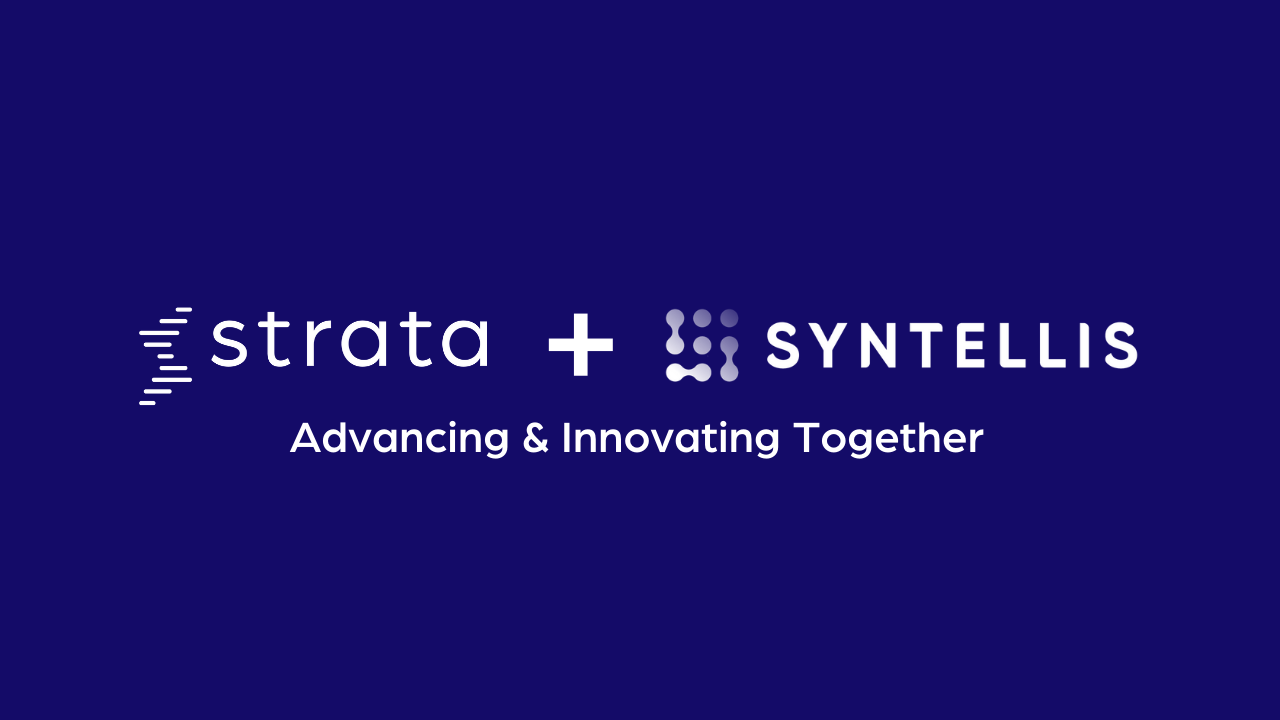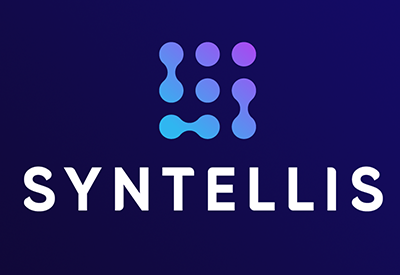3 Ways Adjustable Confidence Scoring Can Empower More Effective Payer Negotiations
In survey research, researchers apply a confidence level to express how certain they are in the data obtained from a population sample. This indicates to what extent someone can trust the research data to make decisions.
In healthcare, leaders can apply that confidence scoring to ensure trust in the data that drives strategic growth planning initiatives. When applied to All-Payer Claims Data (APCD), a confidence score denotes trustworthiness and allows providers to use the data with greater assurance.
In the case of preparing for provider-payer negotiations, an adjustable confidence score equips providers to:
- Leverage data with certainty, knowing that the cleaning and curation work has already been done
- Apply their intuition, since variability can be adjusted to allow for the application of local knowledge
- Approach negotiations empowered by data insights, assured that the data they use to make decisions is trustworthy
Leveraging Data with Certainty
Syntellis’ 835 APCD includes a range of data types, including commercial, Medicare fee-for-service, Medicare Advantage, and Medicaid. It provides insight into multiple sites of care — from hospitals and ambulatory surgical centers (ASCs) to physician offices and urgent care centers. However, with over 1.5 billion claim lines, claim-level detail, and nationwide coverage, APCD also contains variability and “noise,” so it must be cleaned and curated before providers can leverage it to draw reliable market conclusions.
Syntellis’ proprietary 835 APCD is curated at the claim-level detail. During this process, experts verify trends, connect codes, validate formatting, and quality-assure the data. For the most refined market insights, we apply additional proprietary cleansing to the unit information, procedure modifiers, and outlier trimming. Finally, the data receives a confidence score.
By completing this work for you ahead of time, end users can spend less time scrubbing data and more time on the vital work of making data-informed decisions.
Applying Intuition and Local Knowledge
Healthcare data, by nature, is nuanced, including market variation and local dynamics that, when stripped away, can lessen the data’s value. Overly modeling data in a “black box,” using unknown formulas that can’t be adjusted, strips it of its nuance.
The data curation process should account for the expertise of the individual cleaning the data as well as the end user’s local knowledge. The analyst cleaning the data can’t assume to know the exact use case, so the data shouldn’t be cleaned or modeled so thoroughly as to remove end users' ability to inject their unique market insights. Differences in variability can come by market and specialty.
Depending on the situation, end users may need to leverage the data differently and should be able to without modeling getting in the way. That’s why the confidence score in Syntellis’ Axiom™ Market Reimbursement Analyzer is adjustable. It defaults to show an 80% confidence level with 10% variability, but the user can adjust this. As the confidence percentage increases, the variability in the data decreases.
Approaching Negotiations Empowered by Data
An accessible, easy-to-understand confidence scoring process — with no black-box modeling — leads to higher data assurance and increased ability to make informed decisions. In provider-payer negotiations, data confidence can strengthen your negotiating position.
The right data insights can:
- Validate assumptions about payers before leaders get to the negotiation table
- Show how payer contracts compare to the market
- Illustrate how reimbursement rates have changed over time from facility to facility
When preparing for payer negotiations, confidence scoring equips healthcare organizations with data they can trust and adjust based on market-specific factors. The need for data confidence is obvious, but since 100% data confidence isn’t possible — particularly when considering the variability and outliers in APCD — it’s critical to find a sweet spot of data reliability that leaves room for nuance and flexibility based on market-specific factors.
Learn more about Axiom Market Reimbursement Analyzer — including the built-in, adjustable confidence score — and how it can empower provider organizations to negotiate with payers more confidently.


